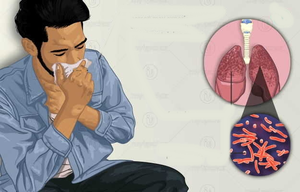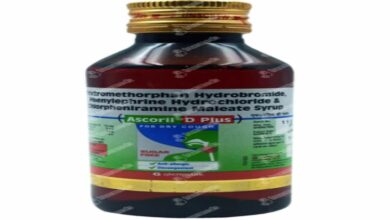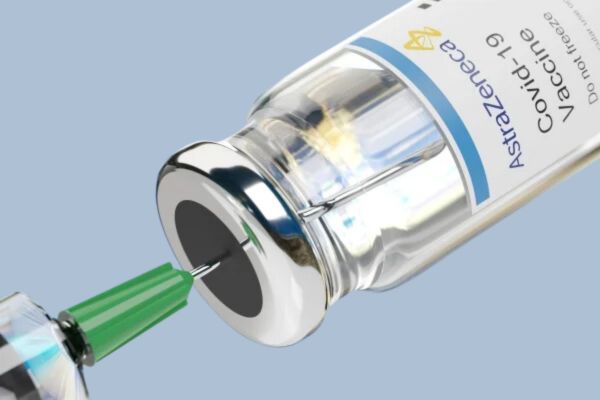New Delhi, April 16 (IANS) India aims to eliminate tuberculosis (TB) by 2025, with whole-genome sequencing (WGS) playing a crucial role. A study by HaystackAnalytics and Dr. D.Y. Patil Medical College in India uncovered high rates of drug-resistant TB, particularly pre-XDR-TB.
Tuberculosis, the second leading infectious disease killer globally, has over 2.95 million active cases in India, with 135,000 classified as multidrug-resistant TB. The study analyzed data from 600 patients, revealing alarming levels of drug resistance.
Researchers found that 50.83% of cases had pre-XDR-TB and 15.5% had MDR-TB, with resistance to multiple key antibiotics. Dr. Anirvan Chatterjee, CEO of HaystackAnalytics, emphasized the importance of WGS in early diagnosis and treatment of drug-resistant TB.
Moreover, the study highlighted a concerning trend of drug resistance among younger age groups, with 55% of cases in the 15-35 age range and 67% in the under-14 age group showing pre-XDR TB. This raises productivity and transmission concerns, further underscoring the need for advanced diagnostic tools like WGS.
Dr. Chatterjee stressed the significance of WGS in identifying drug resistance to multiple antibiotics in a single test, which can lead to shorter therapy and improved outcomes. Early detection and appropriate treatment are essential in reducing transmission and ultimately eliminating TB cases, making WGS a vital tool in the fight against the disease.

 Unlocking the Benefits of Medicare Part D Plans for 2025
Unlocking the Benefits of Medicare Part D Plans for 2025 Comparing Ascoril D Plus with other cough syrups and expectorants on the market
Comparing Ascoril D Plus with other cough syrups and expectorants on the market AstraZeneca’s Covishield To Cause Rare Yet Serious Side Effects
AstraZeneca’s Covishield To Cause Rare Yet Serious Side Effects Reinforce Your Smile: Discover the Benefits of Hydroxyapatite Toothpaste
Reinforce Your Smile: Discover the Benefits of Hydroxyapatite Toothpaste Shilajit for Women: Balancing Hormones and Supporting Wellbeing
Shilajit for Women: Balancing Hormones and Supporting Wellbeing Learn All About Truck Accident And What a Truck Accident Lawyer Can Help
Learn All About Truck Accident And What a Truck Accident Lawyer Can Help Fever: Symptoms, Treatments, Types, and Causes
Fever: Symptoms, Treatments, Types, and Causes IIT-K and BFI collaborate to drive healthcare innovation in India
IIT-K and BFI collaborate to drive healthcare innovation in India